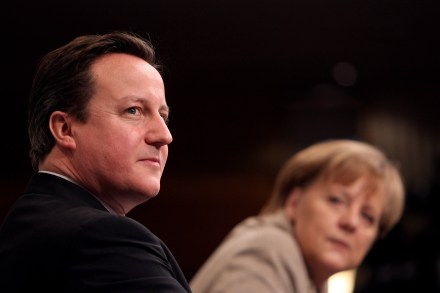The Yemeni domino totters
Call it the domino effect, if you like. After Tunisia, Egypt, and Libya, Yemen is the latest country to drag its rulers to the precipice — and it could push them over, too. The latest news is that several Yemeni generals have joined the protesters in calling on President Saleh to stand down. One source tells al-Jazeera that 90 per cent of the army could do likewise by this evening. The broad consensus is that the current regime is wheezing to a close. So what next? From this vantage point, Yemen is certainly one of those countries where change should be greeted warily. It’s not so much the emerging prospect














